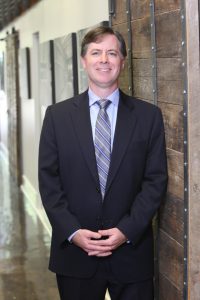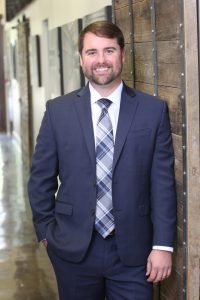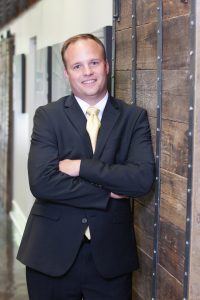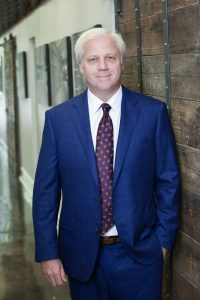Prior to any trial, the attorneys will assess the need to file motions in limine to try to keep out damaging or prejudicial testimony and evidence. Typically, the court will hold a hearing on these motions before commencing the trial and will issue rulings on most, if not all, of the motions. When the court rules adversely to a party, the lawyer must ask himself or herself whether the ruling is sufficient to preserve the issue for appeal. The answer to this question is often “no,” but it depends on whether the court expressly and unequivocally indicated that the party does not need to make another objection during the trial itself.
Alabama Rule of Evidence 103 and applicable case law make it clear that in order to preserve an evidentiary issue for “post judgment and appellate review,” a party must object in a timely manner to the admissibility of the evidence during trial. Ala. R. Evid. 103. Rule 103 states, in pertinent part, that:
 Alabama Injury Law Blog
Alabama Injury Law Blog
















